Immigrants expose human rights violations at repatriation center in southern Turkey
A phone call by inmate Omid Eshaghi exposed the inhumane conditions and rights violations at the Turkish Immigration Authority Repatriation Center in the southern province of Antalya. Immigrants have begun a hunger strike, demanding appropriate treatment, and quickly.
Ceren Deniz / Gazete Duvar
The Migration Management Presidency Repatriation Center in Turkey’s southern province of Antalya is at the center of serious accusations penned by 52 immigrants currently staying there.
Although appropriate criminal complaints have been filed by lawyers and witnesses, the slow-moving process puts the elderly, children, and sick residents of the center at risk.
Iranian refugee Omid Eshaghi was the first one to inform the outside world of the rights violations occurring at the Repatriation Center when he pushed to make a phone call to a Turkish citizen friend.
Eshaghi told Suser Başaran about the people suffering on their deathbeds and how the administration did not allow anyone to obtain healthcare.
The “inmates” had begun a hunger strike in protest of the inhumane conditions at the center.
“Torture is not a relic of Turkish prisons of the 90s, it is happening here, now. You would not want to see what is going on here,” said Eshaghi on the phone, and demanded immediate help from Başaran.
After Başaran's request to see Eshaghi was denied at the center, she contacted lawyer Ferhat Doruk to pursue official channels to meet Eshaghi.
Eshaghi gave Doruk the petition he wrote and 52 others signed and asked him to deliver it to the Prosecutor’s Office.
The petition read, “They do not give us our rights here, and treat us like animals. They do not transfer sick inmates to the hospital. Employees and security insult us and use violence.”
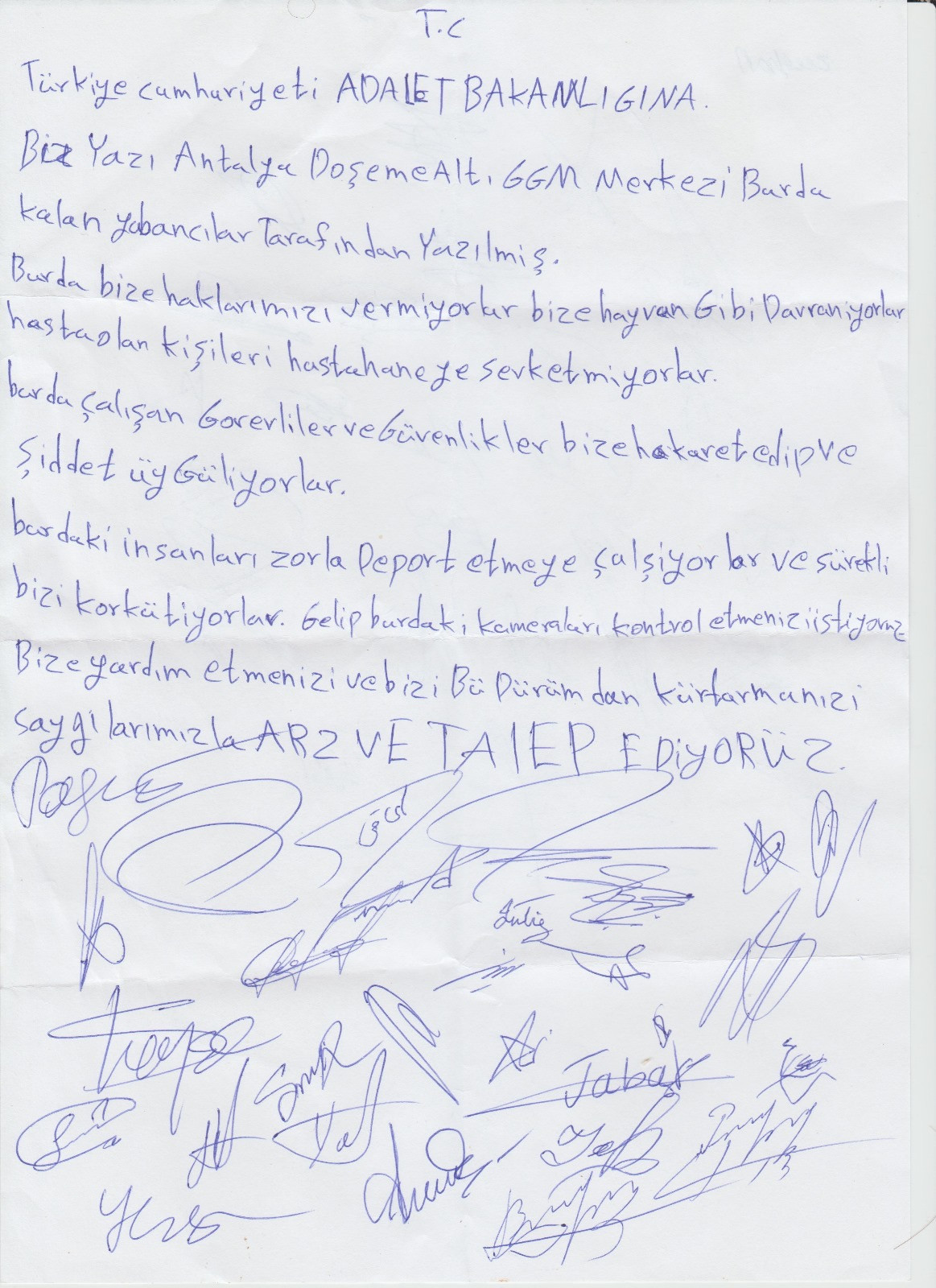
“They threaten people with forceful deportation. We ask you to watch the security camera footage at the center. We request with due respect that you help us and remove us from this situation,” concluded the letter.
Eshaghi became the spokesperson of all the immigrants at the Repatriation Center, with his advanced Turkish and connections outside. This led to him being singled out by the administration.
However, he is not afraid. “Hear all of our voices, don’t let what’s going on here remain a secret,” he told Doruk.
After paying a visit to Eshaghi, Doruk evaluated the events. “It is absurd that immigrants awaiting their official documents are forced to live in prison conditions for seven, eight months,” he said.
Eshaghi was similarly taken to the center from his residence in Antalya after he missed several judicial control appointments.
Additionally, the residents were unable to report the violence at the center, as they were not allowed to go to the hospital to obtain assault reports.
Although the gendarmerie was stationed outside of the center, it was the private security team inside that systematically battered immigrants.
Eshaghi claimed that the administration did not allow them to take a 25-year-old with blood coming out of his mouth to the hospital. “He screams in pain every night, we cannot bear it,” he said.
Another child was very ill and was staying with his mother at the women’s ward. “He cannot get better in here,” noted Eshaghi.
The claims involved a “white room” reminiscent of solitary confinement, where some people were taken over by security guards to be beaten, away from the gaze of security cameras.
“They taunt everyone with the white room. I believe it would have been better if we were just in prison,” complained Eshaghi.
Around 400 people stay at the Antalya Repatriation Center, with no clear information about the steps awaiting them.
“If we are forced to return to our countries, the death penalty awaits many of us in Iran. Others will fall into the hands of the Taliban,” bemoaned Eshaghi.
Still, their current condition was not much better than what awaited them back home. Security officers also constantly threatened the inmates with "sending them off to the camps" in eastern Turkey.
The immigrants had begun a hunger strike, but the administration forcefully broke it.
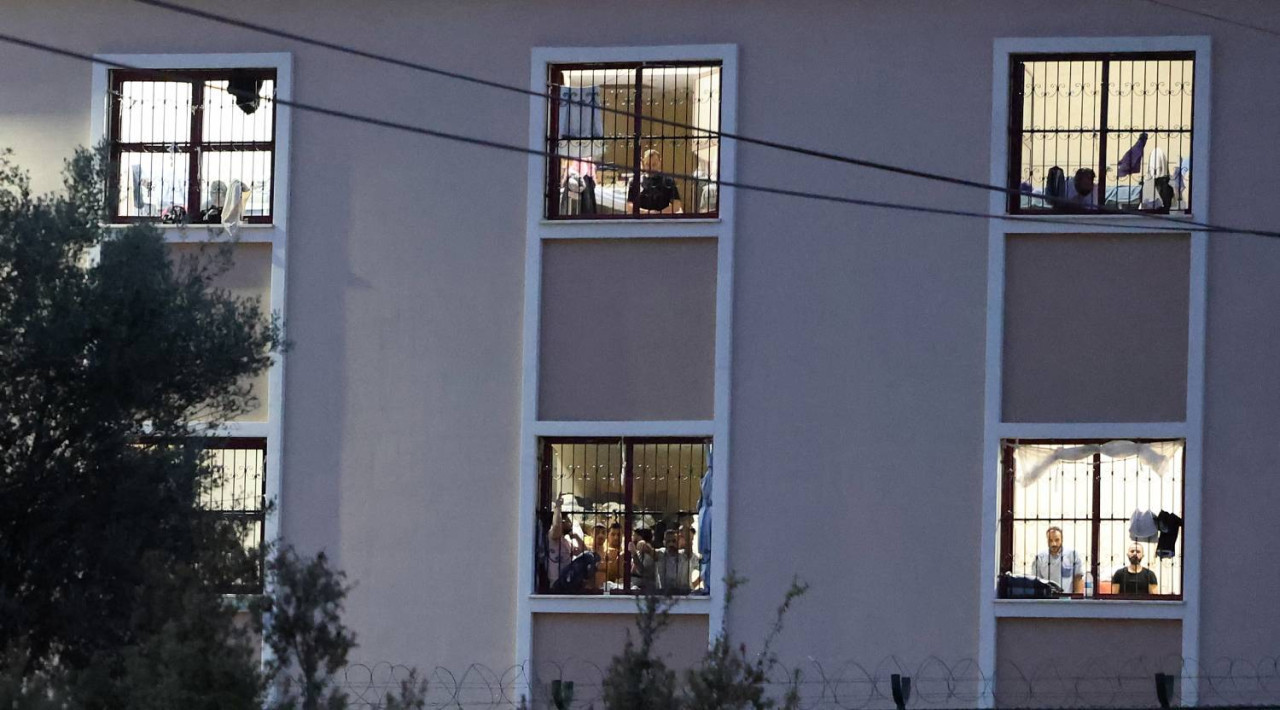
The immigration officers confiscated the phones of residents to limit communication, and did not allow Eshaghi to look up a phone number at first, saying he would “photograph the premises.”
The Assistant Manager of the Migration Management Directorate Derya Erdoğan visited the Repatriation Center upon hearing the complaints.
The officials Gazete Duvar spoke with have refused the claims, and did not comment on the status of the 400 people currently staying at the Center.
(English version by Ayşenaz Toptaş)


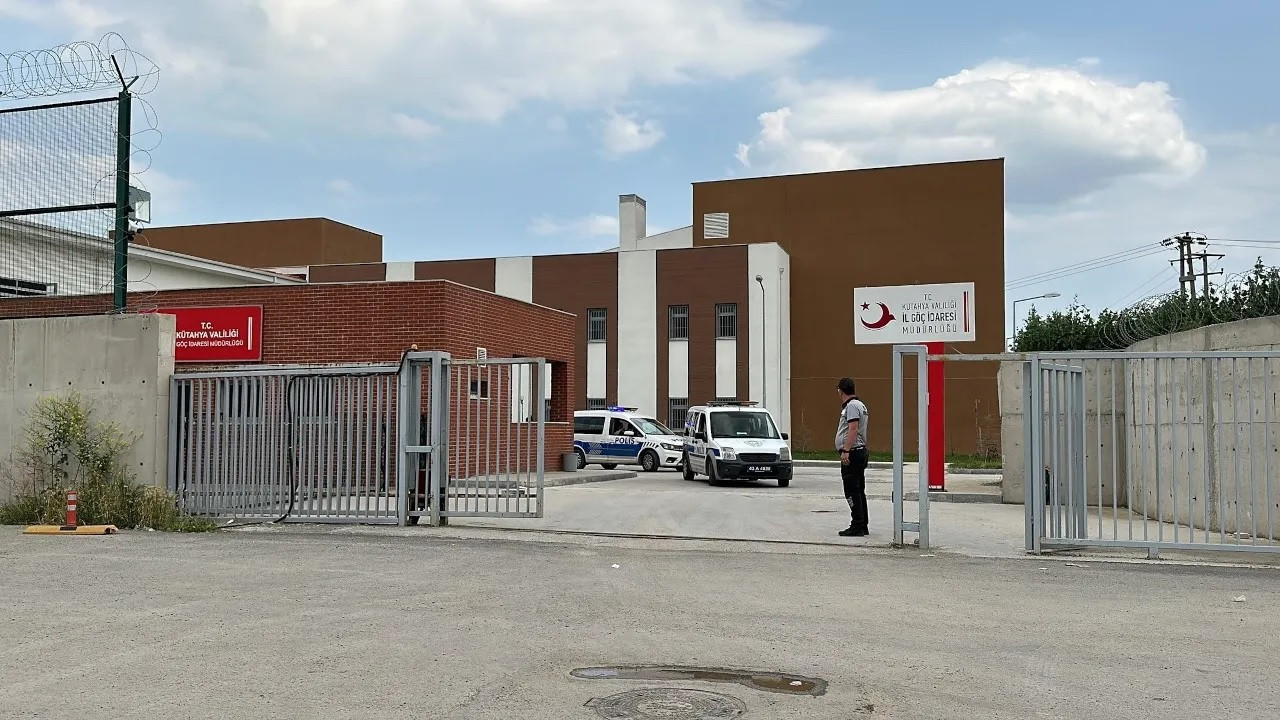 12 refugees poisoned at repatriation center in Turkey’s KütahyaHuman Rights
12 refugees poisoned at repatriation center in Turkey’s KütahyaHuman Rights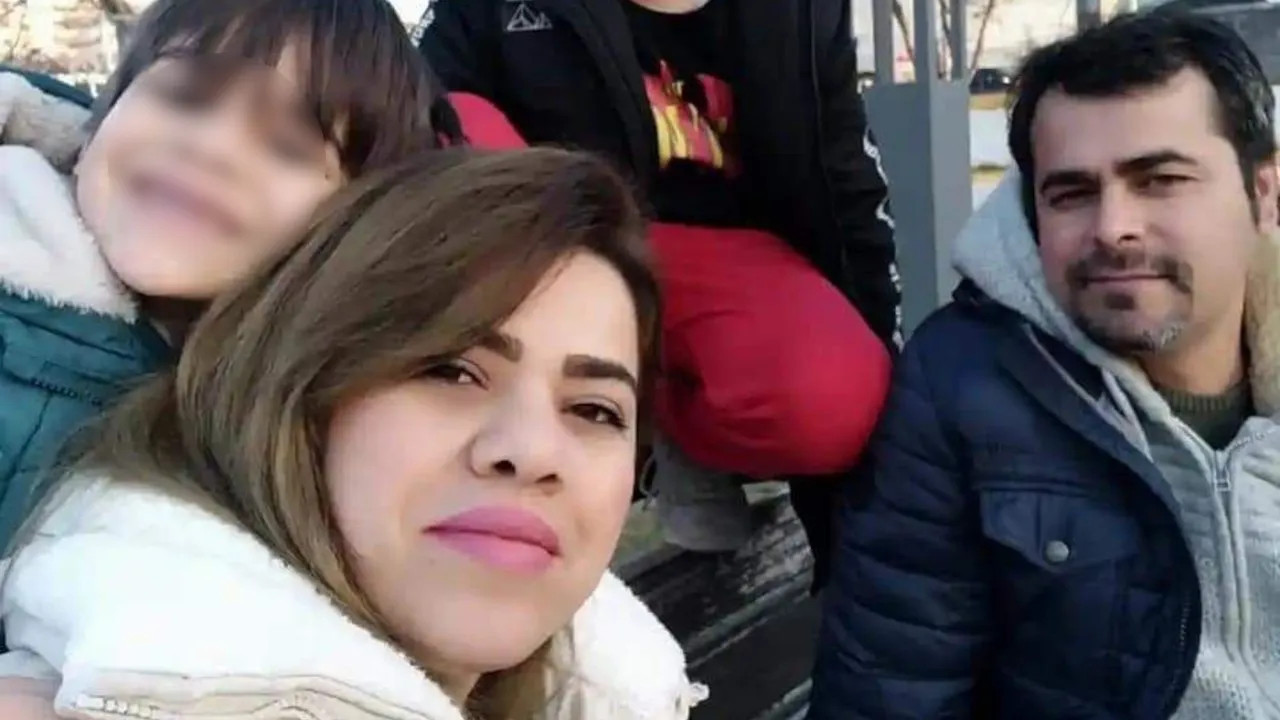 Kurdish political refugees in Turkey risk deportation to Iran and executionHuman Rights
Kurdish political refugees in Turkey risk deportation to Iran and executionHuman Rights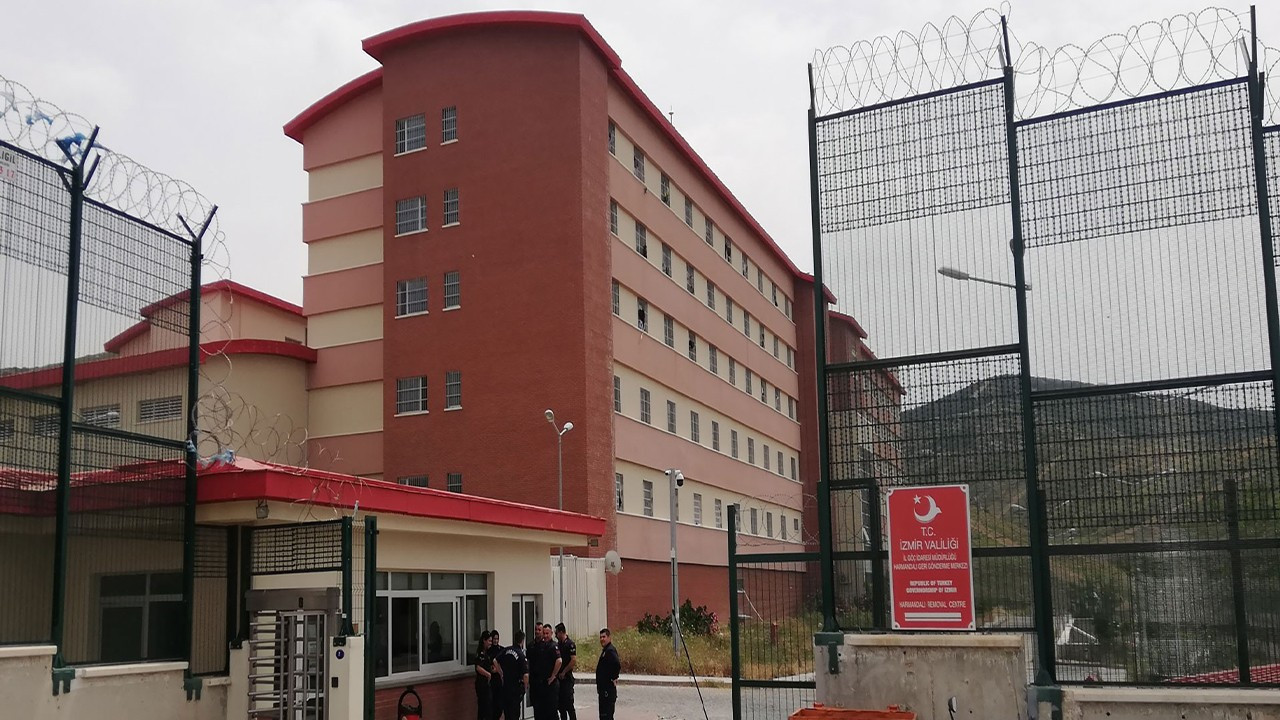 Turkish gov't fails to answer questions on reported abuses at İzmir repatriation centerHuman Rights
Turkish gov't fails to answer questions on reported abuses at İzmir repatriation centerHuman Rights